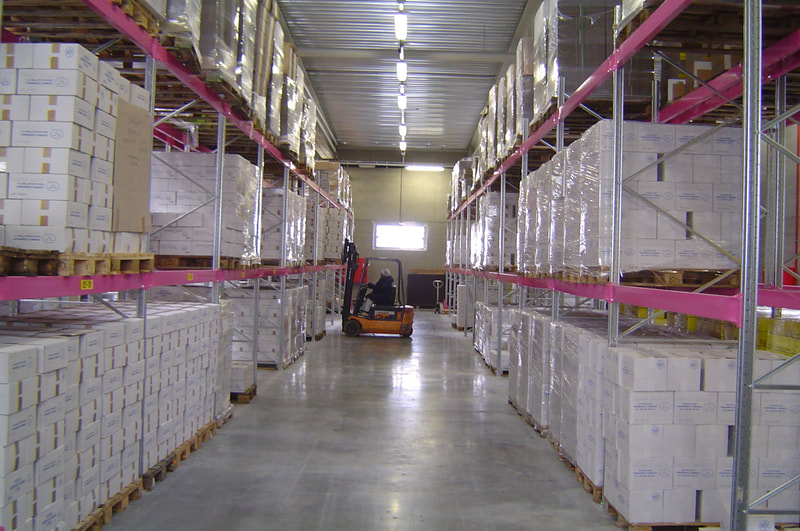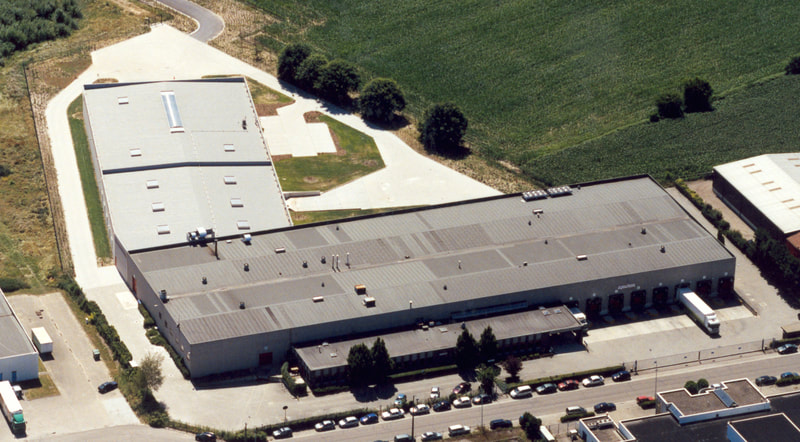- Home
- Home
- Home
- Home
- Home
- Onze producten
- Our products
- Nos produits
- Unsere produkte
- Nostri Prodotti
- Geschiedenis
- History
- Histoire
- Geschichte
- Storia
- Onze merken
- Our brands
- Nos marques
- Unser marke
- Nostri marchi
- Nieuws en Jobs
- News and Jobs
- Nouvelles et Jobs
- Nachricht und jobs
- notizia e lavori
- Kwaliteit en Dierenwelzijn
- Quality and animal welfare
- Qualité et le bien-être animal
- Qualität Und Tierwohl
- Qualità e Benessere animale
- Contact
- Contact
- Contact
- Kontakt
- Contatto
- Links
- Links
- Liens
- Links
- Links
- Home
- Home
- Home
- Home
- Home
- Onze producten
- Our products
- Nos produits
- Unsere produkte
- Nostri Prodotti
- Geschiedenis
- History
- Histoire
- Geschichte
- Storia
- Onze merken
- Our brands
- Nos marques
- Unser marke
- Nostri marchi
- Nieuws en Jobs
- News and Jobs
- Nouvelles et Jobs
- Nachricht und jobs
- notizia e lavori
- Kwaliteit en Dierenwelzijn
- Quality and animal welfare
- Qualité et le bien-être animal
- Qualität Und Tierwohl
- Qualità e Benessere animale
- Contact
- Contact
- Contact
- Kontakt
- Contatto
- Links
- Links
- Liens
- Links
- Links


